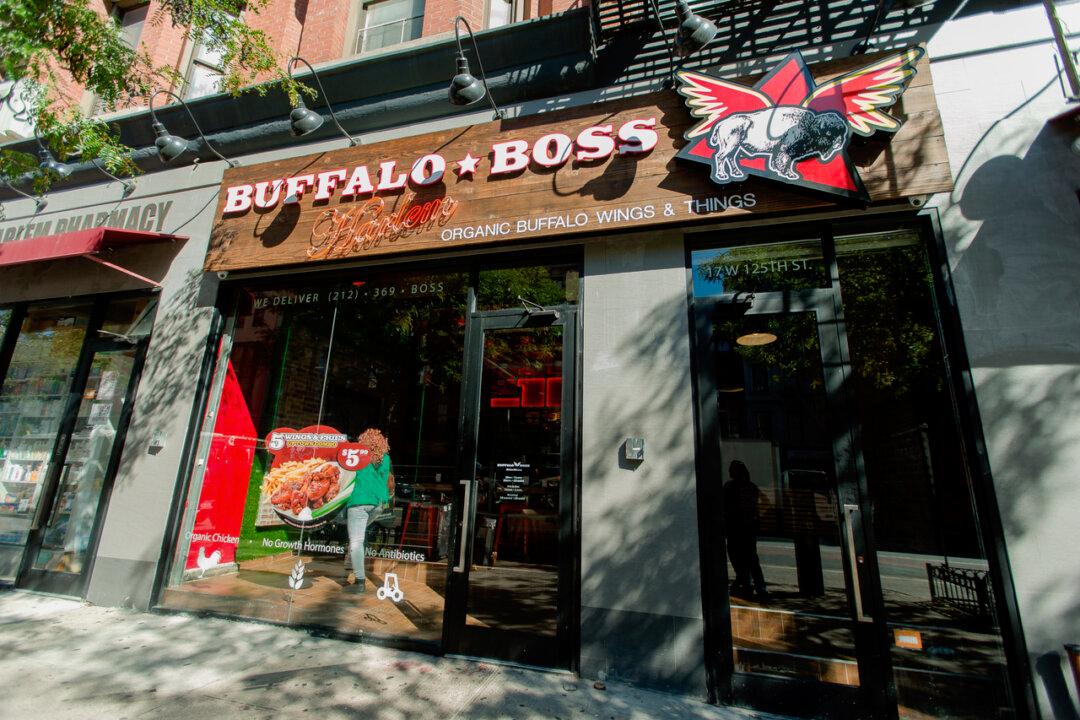Jamar White had no idea what he was getting into when he took out a nearly $50,000 loan with an online lender in 2013 for his New York-based restaurant Buffalo Boss. “Like a lot of small businesses, we made a bad decision by getting into high-interest loans,” he said.
The loan was approved in 48 hours, and at first blush, it seemed like a good deal. “You say, ‘Oh, the lender is only taking $100 off every day.’ But as that compounds over weeks and months, you don’t realize how much is being drained out of your business slowly,” he said.

Jamar White, co-founder of Buffalo Boss, a New York based fast food restaurant. White, like many other small business owners turned to an alternative lender to keep his business afloat and going. Courtesy of Buffalo Boss





